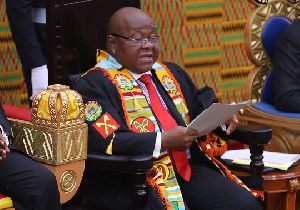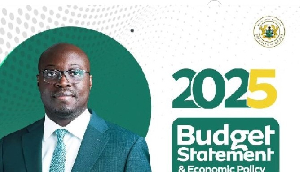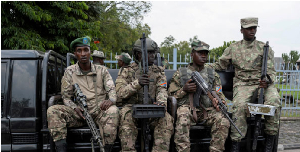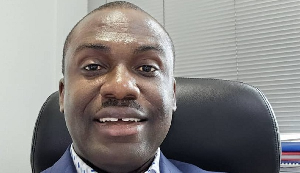We must applaud the Kufour administration for taking a number of steps to strengthen democracy in the country. The government has correctly understood that it is through democratic governance that the country can position itself to meet the pressing social and economic needs of the people.
The 2002 Human Development Report devoted considerable space on the issue of democratic governance. It argued that without effective democratic governance, human development would suffer. Indeed the report attributes persistent failures of human development to lack of democratic governance. Our own sub –region is replete with vivid examples of how lack of democratic governance has contributed to untold suffering of thousands of people, especially women and children. Poor democratic governance is also manifested in widespread corruption and inefficient public institutions. These have combined to undermine efforts to improve economic growth and performance.
The 2002 Human Development Report argued further that political freedom and participation are essential goals in human development. More significantly, the report posits that democracy requires functioning institutions – it requires a legislature that represents the people and which is not controlled by the president, prime minister or the military. Also, democracy requires a strong and independent judiciary that is capable of enforcing the rule of law without any discrimination. And finally, democracy requires robust and accessible media that is free, independent and unbiased and which is not controlled by the state or corporate interests.
Since assuming office, the Kufour administration has moved to free up the media to play its role as a watchdog of the people by repealing the criminal label law. In fact it was one of the first acts of the administration. The government has equally continued with the reforms of the judiciary through the automation project and by appointing additional judges.
However when it comes to providing adequate resources to parliament, the government has been found wanting. It has not provided adequate human and financial resources to parliament to enable it play its representation role, as it should. It is indeed puzzling that the government has not considered it a priority to provide adequate financial resources to complete the renovation of the Job 600 complex, which would have served as offices for the lawmakers. The Ghanaian legislators lack basic tools that will enable them to perform their duties. They do not have individual offices, they do not have personal assistants and researchers, and so on. How then are they expected to play their role as the representatives of the people? It is no wonder that most of them do not even bother to show up to participate in the business of making laws for the country and to ensuring that the government remains accountable.
In a recent seminar for African Parliamentarians, the Speaker of the parliament lamented how there is an overwhelming need to enhance the capacity of parliamentary structures and organs to exercise its oversight functions over the Executive.
In a 1997 Universal Declaration on democracy, the Inter Parliamentary Union argued, “a parliament representing all parts of society is essential. It must be endowed with institutional powers and practical means to express the will of the people by legislating and overseeing government action”
We are aware of the financial constraints that the government faces. But if we cherish democratic governance then we should spare no effort in finding the appropriate resources for parliament to enable it exercise its role more effectively in the new dispensation. We should not wait for donor money to do so!









![Isaac Kwadwo Ampong [L] and President John Mahama Isaac Kwadwo Ampong [L] and President John Mahama](https://cdn.ghanaweb.com/imagelib/pics/549/54996138.295.jpg)





